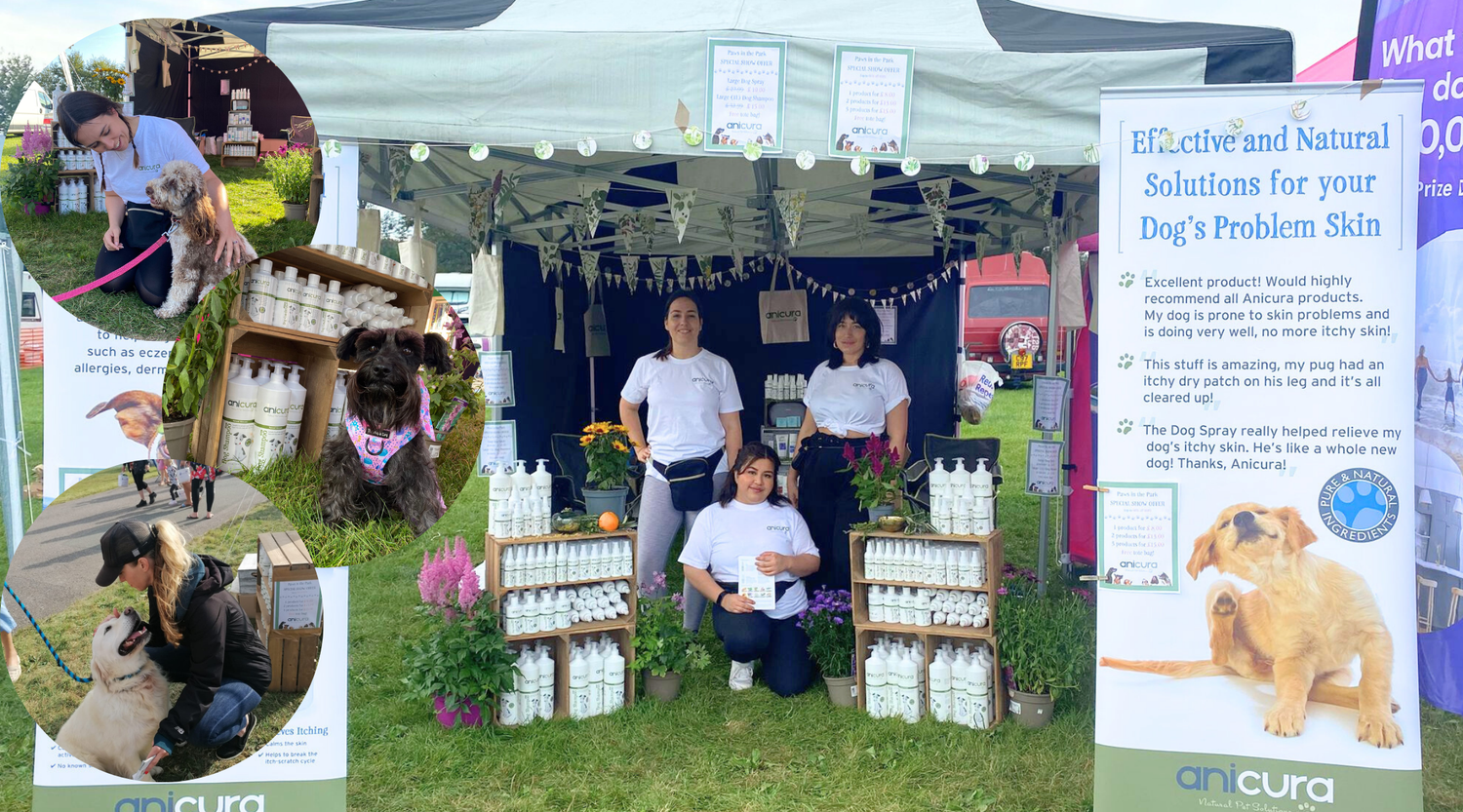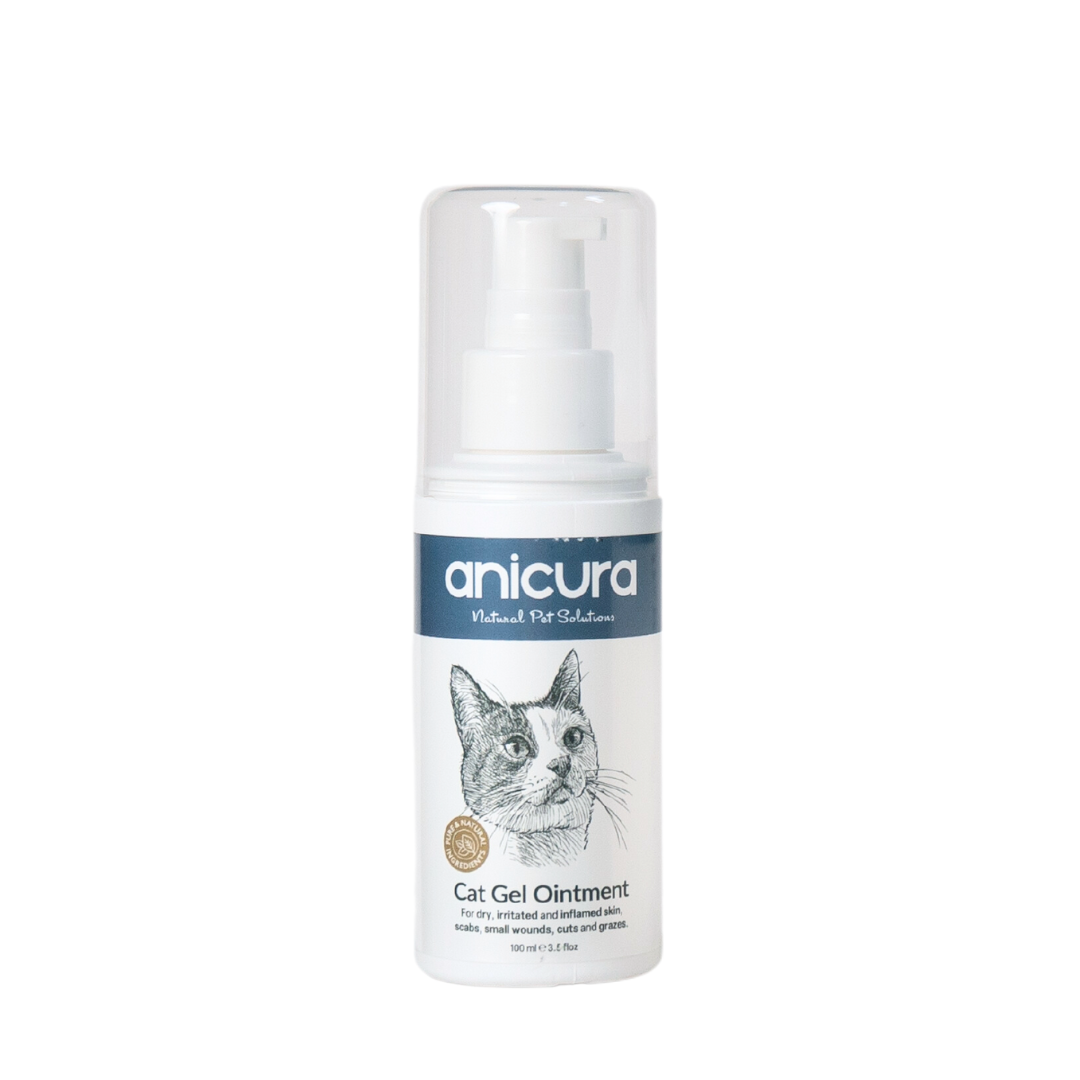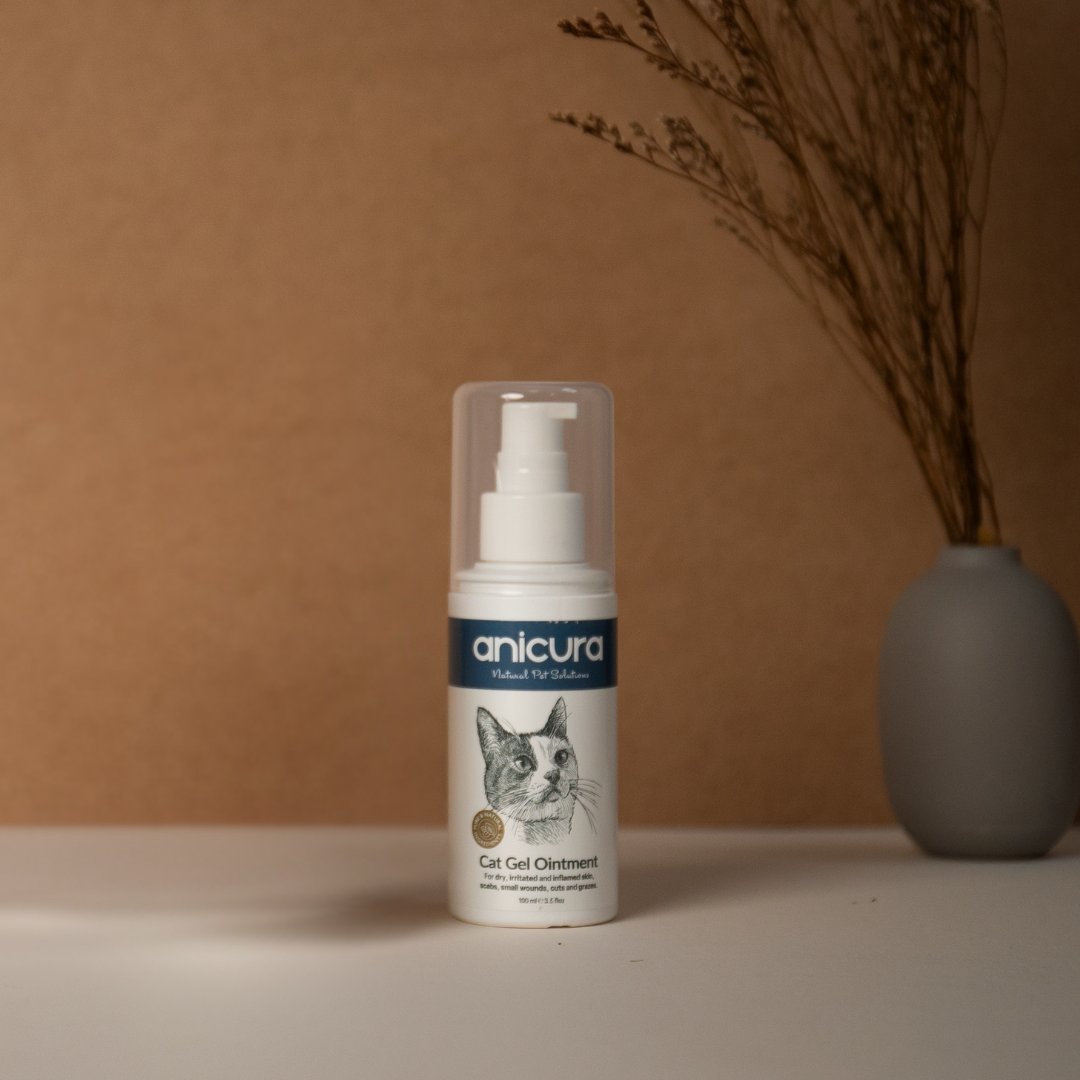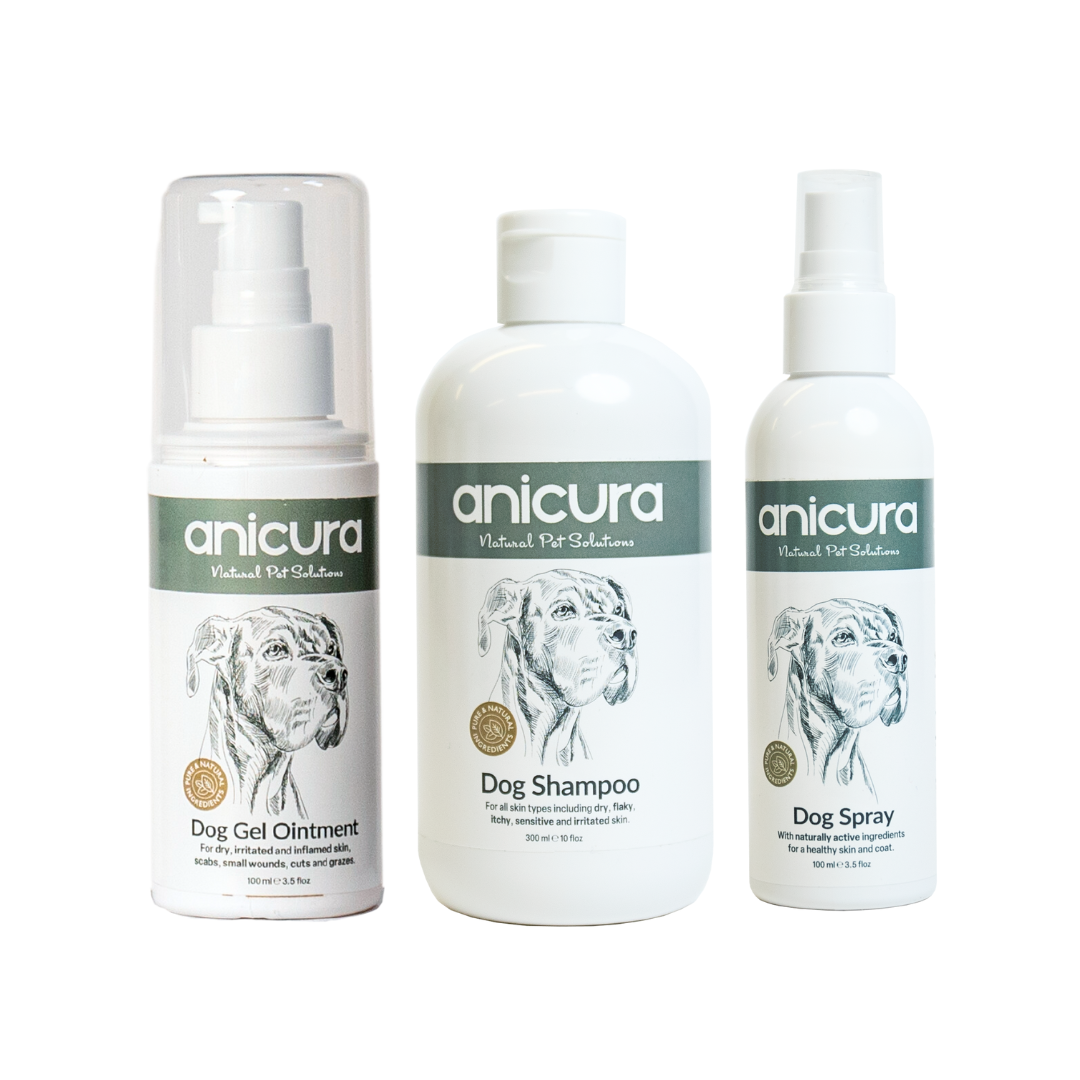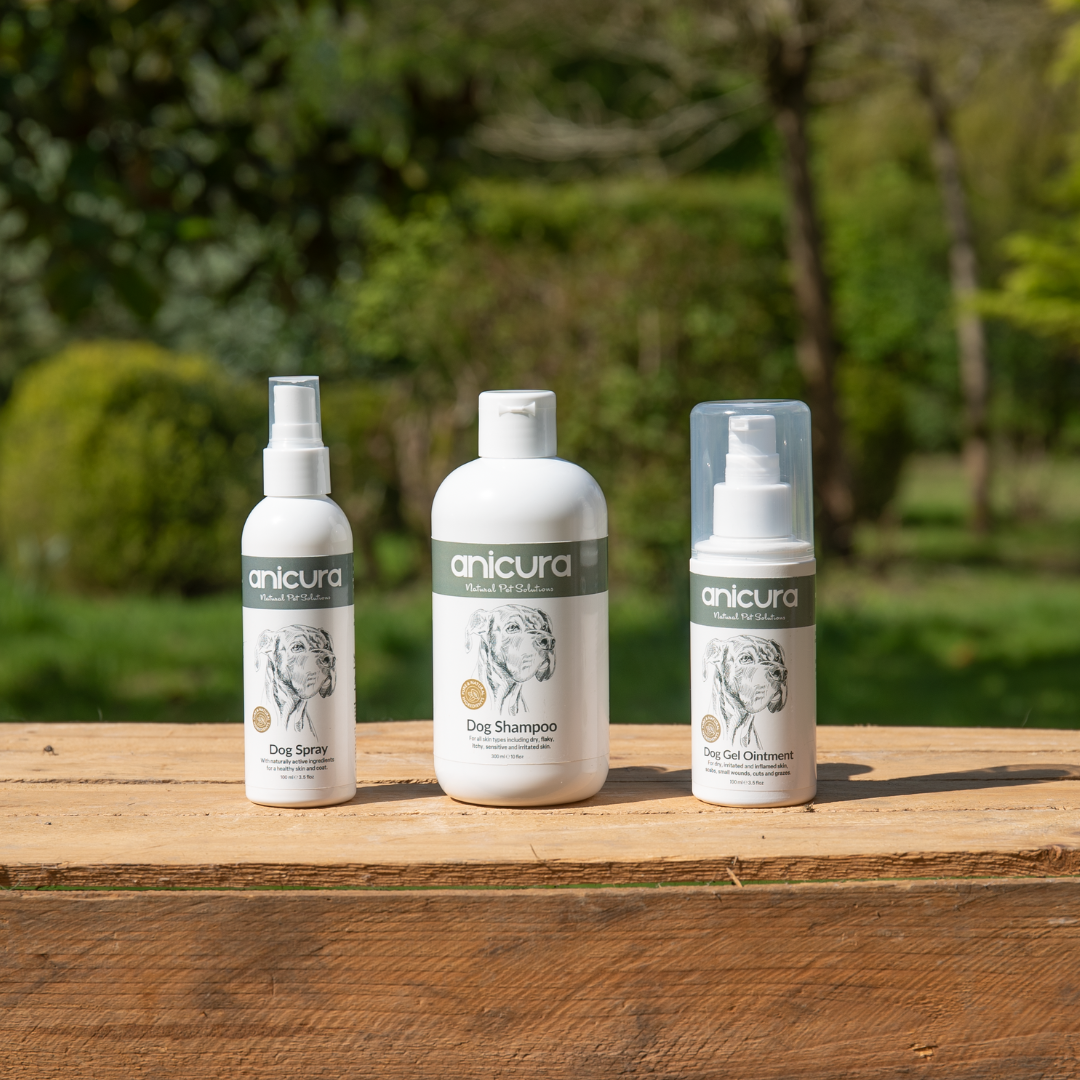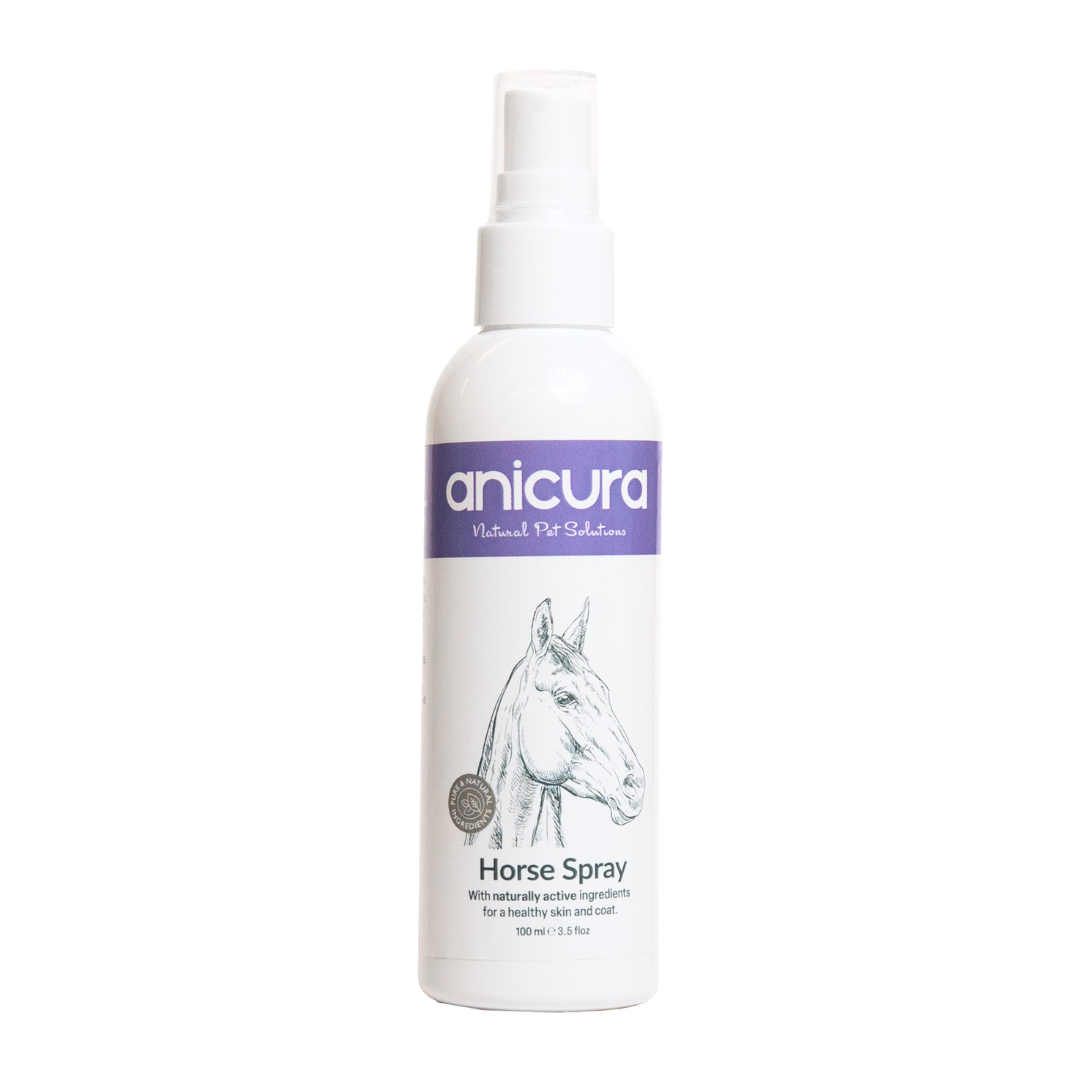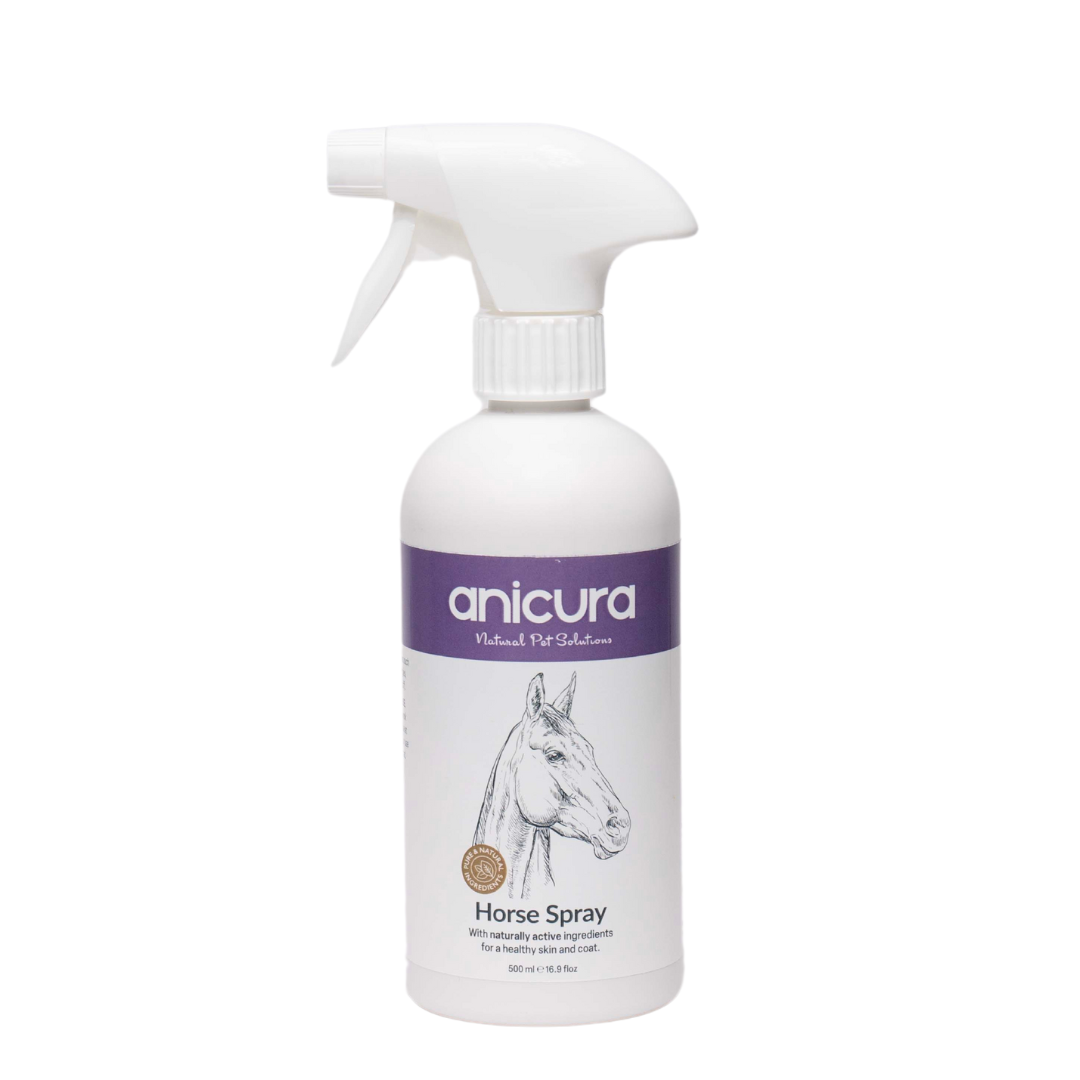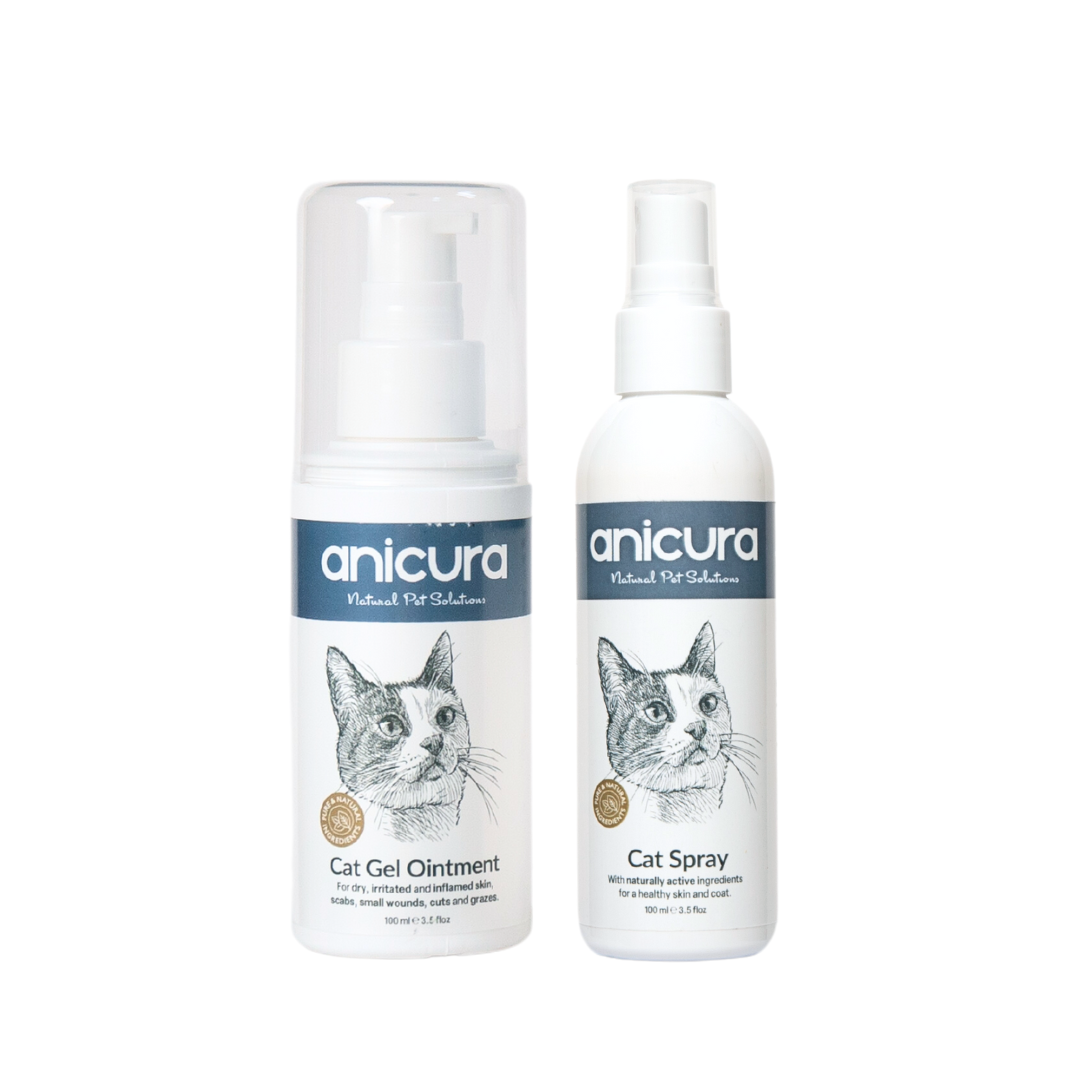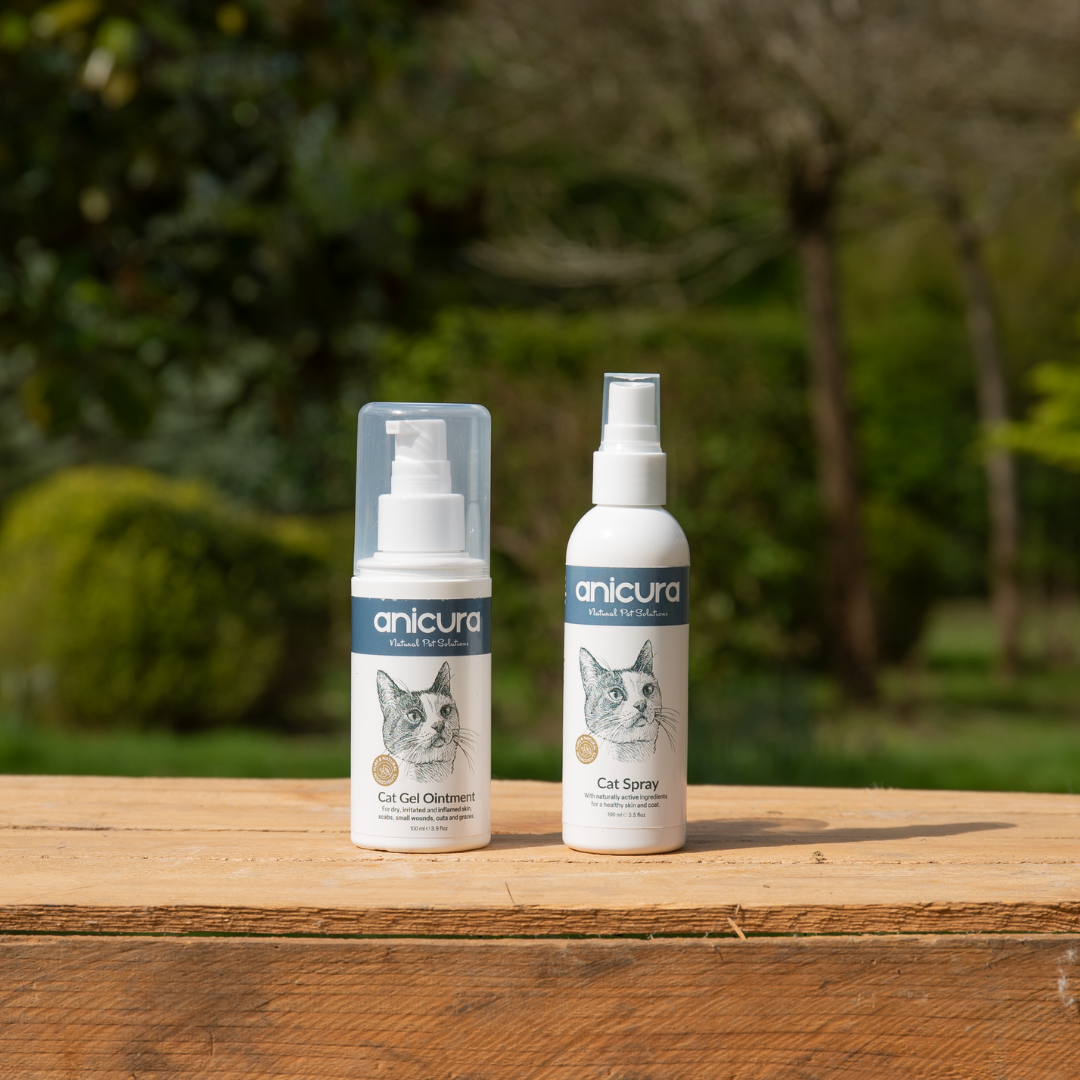Did you know Anicura is officially partnered with Blue Cross? We donate 1% of every purchase directly to them, so they can continue to help pets in need! You can read more about our partnership here. To raise awareness for the amazing work they do, we have asked them to share with us their top tips for people who are considering adding a pet to their family. Over to them!
Speak to any pet owner and they will reel off an endless list of reasons pets change our lives. Pets can be our best friends, confidants, motivators and even our teachers. In many cases, they also improve our wellbeing and health.
Here are Blue Cross’s top tips on getting a pet responsibly:
- Say goodbye to preconceived ideas
Are you a dog or a cat person? Just because you have a preference doesn’t necessarily mean that it’s the right pet for you. Have you got the time to walk a breed of dog that needs several hours of exercise a day, or are you at home enough to toilet train a puppy? These are important things you’ll need to think about when considering getting a pet.
- Think about your lifestyle
Consider your home and lifestyle. Do you have children? If you work full time and you want a dog, who would take care of them during the day? Are there any local dog day care or dog walking services you can use and have you looked into the cost of this? If you want a cat, will they have access to outside space while you’re out and about during the day and how will you feel if you come home to a clawed sofa?
Do some research on the size, temperament, exercise requirements, lifespan and health predispositions of different pets and breeds to make sure they’re the right choice for you.
- Consider rehoming
Thousands of stray, abandoned and unwanted pets are desperate for loving homes. People often think that they’ve been given up because their owners can’t handle them or they have an expensive health condition, but this often isn’t true.
In fact, an adult rescue pet is a great choice because their personalities are already established so you can be more confident about whether they’ll fit in well to your lifestyle.
They will be neutered, microchipped and vaccinated so they offer great value compared to the expense involved in buying from a breeder. And charities like Blue Cross work hard to find a pet that’s the right match for you and your lifestyle so that you can have a happy future together.
- Don’t impulse buy
It might be tempting to get that gorgeous pet looking longingly at you but think about whether you’re really ready for the long term commitment. Your new pet could live for up to 20 years or more. And that impulse purchase might not seem like a good idea further down the line.
- Research any health conditions
If you haven’t done your research, you won’t know anything about the pet’s history and any health or behavioural problems that they come with. Choosing the right pet requires planning time so don’t rush into anything.
- Do your sums
From everyday things like insurance, food and toys to unexpected vet bills, having a pet is a financial commitment. Puppy prices have also gone through the roof during lockdown! Make sure you factor in how much your new pet will cost before you choose them and check that you can afford the ongoing costs.
- Use a reputable breeder and don’t just take their word for it!
If you do want to buy a pedigree dog or cat, ask your vet or breed club to recommend a responsible breeder. Ask the breeder for all the relevant paperwork, like pedigree registration papers, health screening certificates and a written medical history, including vaccinations and worming.
Make sure you can meet the pet’s parents, relatives and siblings to observe their temperament and general health and welfare and find out if the parents or any of their other litters have developed inherited diseases or problems.
Ask about how the youngsters have been socialised and avoid those that have been reared in kennels, as they may have missed out on important aspects of growing up.
You can also ask to contact the breeder’s vet to verify this – if they refuse, go elsewhere. Some breeders may also be happy to put you in contact with other people who have bought puppies from them.
- What to avoid
Don’t purchase online or from dealers who offer multiple breeds or types of pets – these may well turn out to be puppy farmers or commercial dealers who have little interest in the welfare of the pets they sell.
Puppy scams are also on the rise! Read Blue Cross’s advice on buying a puppy or getting a kitten. If it doesn’t feel right, walk away. Finally, always use a safe and secure payment method.
About Blue Cross
Blue Cross is a charity that has been helping sick, injured, abandoned and homeless pets since 1897. Pets help us in so many ways and they depend entirely on us. That’s why at Blue Cross we believe in helping pets because pets help us. We help thousands of pets every month and with your support we can give back to more pets in need.
Pets change lives. We change theirs.




